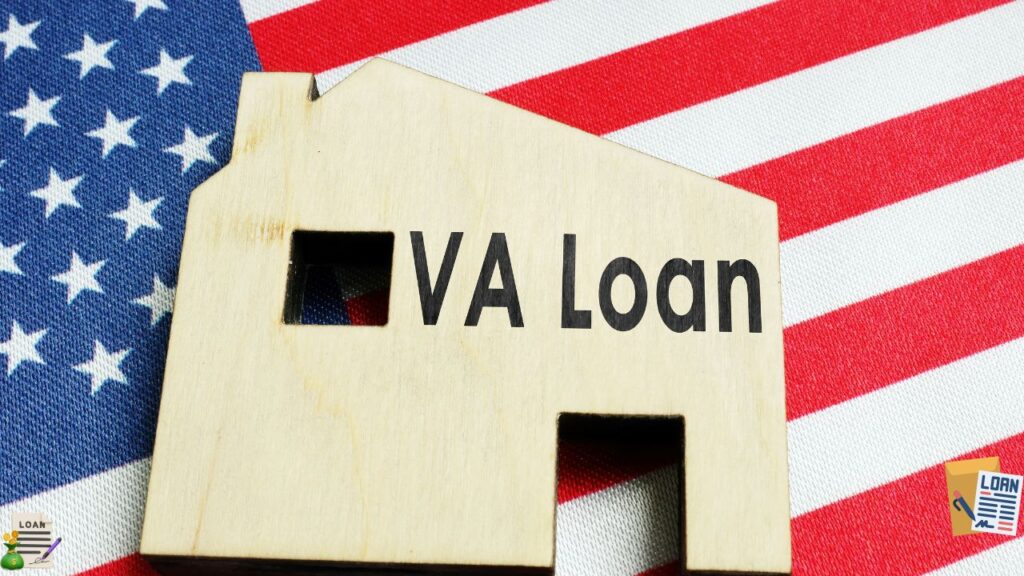Introduction
Understanding the various financial options available can help you make informed decisions about funding significant expenses or investments. One such option is a loan against property (LAP). This comprehensive guide will explore the ins and outs of LAP, providing you with the knowledge you need to decide whether it’s the right choice for you.
What is a Loan Against Property?
A loan against property is a secured loan that allows you to borrow money by pledging your property as collateral. This type of loan can be used for various purposes, such as funding business expansion, consolidating debt, or covering personal expenses like education or medical bills.
How Does a Loan Against Property Work?
When you apply for a loan against property, the lender evaluates the property’s market value and your eligibility based on income, credit history, and repayment capacity. You can borrow a percentage of the property’s value, typically ranging from 50% to 70%.
Eligibility Criteria
To qualify for a loan against property, you must meet certain criteria:
- Age: Typically between 21 and 65 years
- Income: Sufficient income to repay the loan
- Credit Score: Good credit history
- Property Ownership: Clear title of the property being pledged
Types of Properties Eligible for LAP
Different types of properties can be used as collateral for a loan against property, including:
- Residential Property: Self-occupied or rented
- Commercial Property: Office buildings, shops, etc.
- Industrial Property: Factories, warehouses, etc.
- Land: Plots of land with clear titles

Benefits of a Loan Against Property
A loan against property offers several advantages:
- Lower Interest Rates: Compared to unsecured loans
- Longer Repayment Tenure: Typically 10-15 years
- Higher Loan Amounts: Based on property value
- Continued Property Use: You can still use the property while repaying the loan
Risks Involved
While a loan against property has benefits, it also comes with risks:
- Property Seizure: If you default on the loan, the lender can take possession of the property
- Higher Interest Costs: Over a long tenure, the total interest paid can be substantial
- Market Fluctuations: Changes in property value can affect your loan terms
Loan Against Property vs. Home Loan
It’s essential to understand the differences between a loan against property and a home loan:
- Purpose: LAP can be used for various purposes, while a home loan is specifically for purchasing property
- Interest Rates: LAP generally has higher interest rates compared to home loans
- Loan Amount: LAP amount is based on existing property value; home loans are based on property purchase price
Application Process
Applying for a loan against property involves several steps:
- Property Valuation: The lender assesses the property’s market value
- Documentation: Submit required documents, including identity proof, income proof, and property documents
- Loan Approval: The lender reviews your application and eligibility
- Disbursement: Upon approval, the loan amount is disbursed
Required Documents
To apply for a loan against property, you will need:
- Identity Proof: Passport, driver’s license, etc.
- Address Proof: Utility bills, rental agreement, etc.
- Income Proof: Salary slips, bank statements, tax returns
- Property Documents: Title deed, property tax receipts, etc.
Interest Rates and Fees
Interest rates for loans against property vary based on factors like loan amount, tenure, and lender policies. Be aware of additional fees, such as:
- Processing Fees: Charges for processing the loan application
- Prepayment Penalty: Fees for repaying the loan early
- Legal Fees: Costs for property valuation and legal verification
Repayment Options
Loan against property offers flexible repayment options:
- EMIs: Equated Monthly Installments for regular repayment
- Prepayment: Option to repay the loan before the tenure ends
Top Lenders for Loan Against Property
Several banks and financial institutions offer loans against property. Compare options to find the best terms and interest rates. Some top lenders include:
- HDFC Bank
- ICICI Bank
- State Bank of India (SBI)
- Axis Bank
- Bajaj Finserv
Tips for Choosing the Right Loan
To ensure you select the best loan against property, consider:
- Interest Rates: Compare rates from different lenders
- Loan Tenure: Choose a tenure that fits your repayment capacity
- Processing Time: Check the lender’s loan processing speed
- Customer Service: Evaluate the lender’s customer service quality
Conclusion
A loan against property can be an excellent option for leveraging your property to meet financial needs. However, it’s crucial to understand the terms, risks, and benefits before committing. With careful consideration and planning, you can make the most of this financial tool to achieve your goals.
FAQs
1. Can I use any property for a loan against property?
Yes, you can use residential, commercial, industrial properties, and land with clear titles.
2. What happens if I default on my loan against property?
If you default, the lender has the right to seize and sell the property to recover the outstanding loan amount.
3. How is the loan amount determined?
The loan amount is based on a percentage of the property’s market value, typically between 50% to 70%.
4. Can I still use the property after getting a loan against it?
Yes, you can continue to use the property while repaying the loan.
5. Are interest rates for loans against property fixed or variable?
Interest rates can be either fixed or variable, depending on the lender’s terms and your agreement
